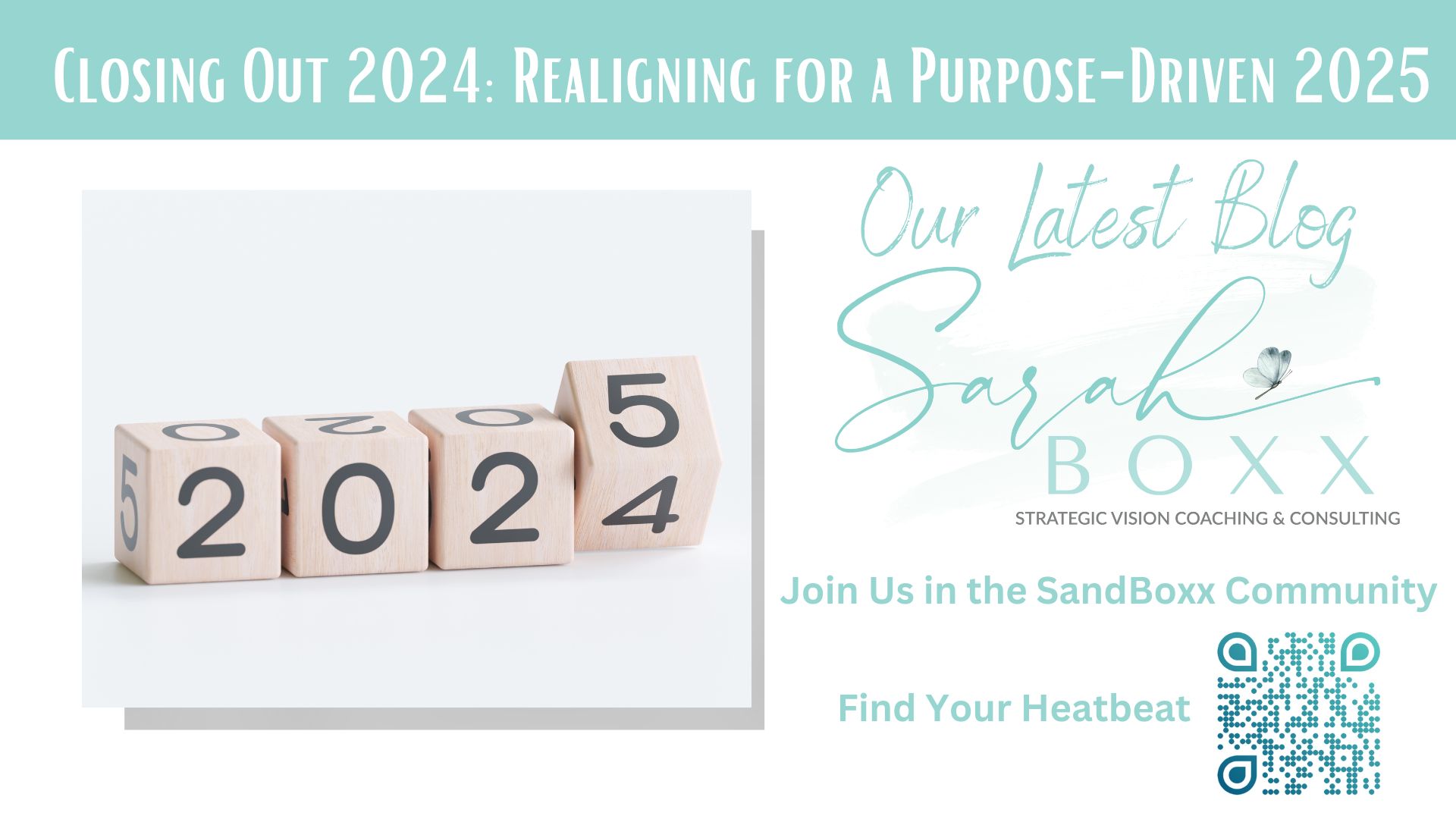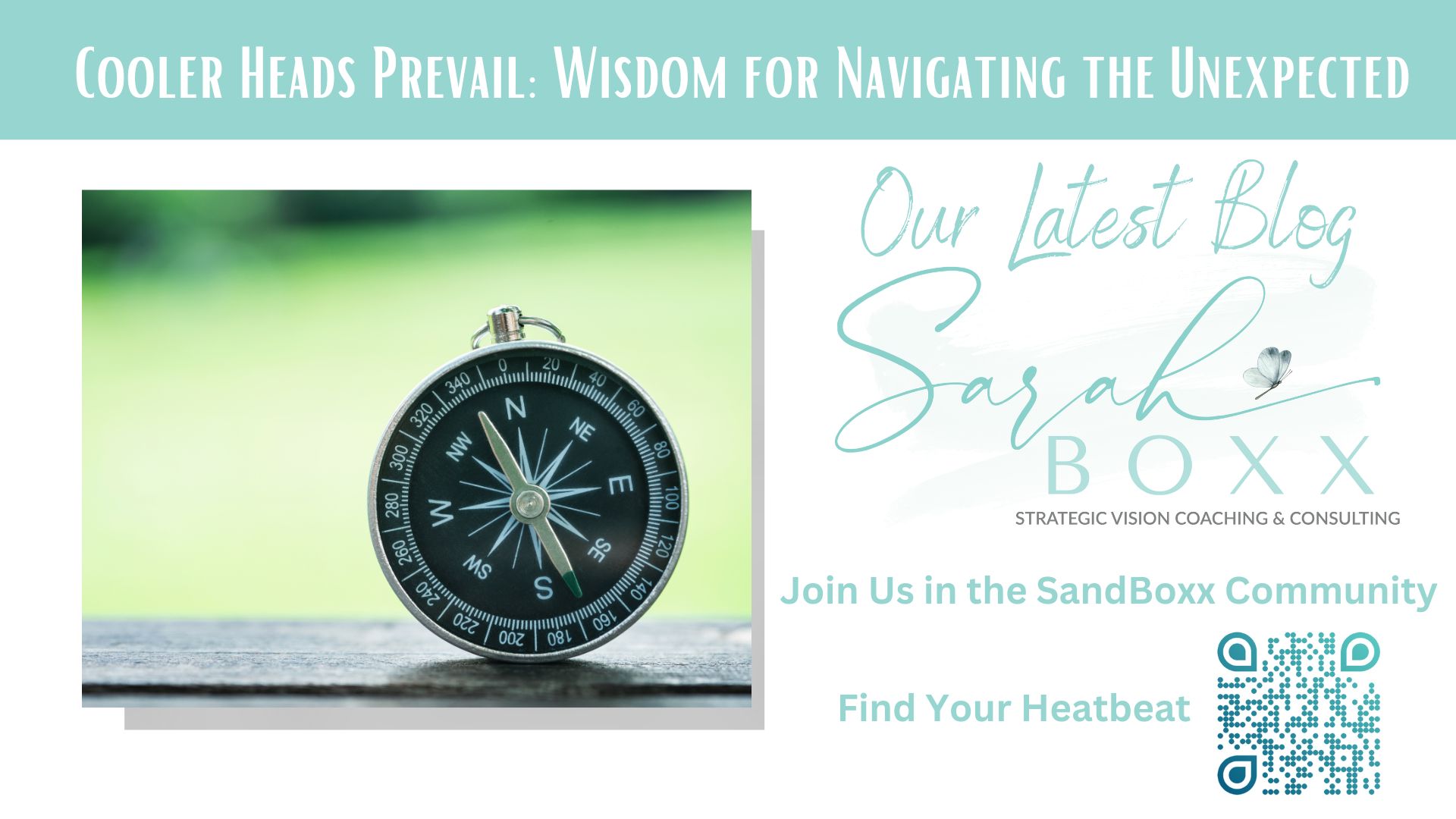What does it mean to be truly “nourished?”
If you type “nourishment” into Google images, do you know what you’ll find? Photos filled with colorful fruits and vegetables, sunset scenes that take your breath away, and hands filled with dirt and tiny sproutlings ready to be planted into rich soil.
Pictures are worth a thousand words, right? Personally, I think these images capture the essence of “nourishment” quite well.
To put it simply, nourishment refers to the action of giving our body, mind, and soul what they need to operate at the highest possible level.
It’s about setting the circumstances for thriving, rather than surviving.
Have you ever stopped to consider that perhaps, you aren’t nourishing yourself as fully as you thought you were? That maybe you’re simply “getting by” rather than truly thriving?
This is the reality for many of us. Let’s face it – most of modern life doesn’t exactly lend itself well to living a well-balanced, well-nourished lifestyle.
In this month’s blog series, we’ll be diving deep into what it means to fully nourish your body, mind, and soul.
Let’s start with the most straightforward: NOURISHING YOUR BODY.
It’s no secret that our bodies require certain nutrients to function properly. These include macronutrients (ex: protein, carbohydrates, fats), vitamins (ex: vitamin C, vitamin K, etc.) and minerals (ex: magnesium, potassium, sodium, etc.)
These nutrients are the essential tools for, well, just about everything in the human body. They are the building blocks that form your hair, the fuel behind proper hormone production, and the artillery that weaponizes your immune system.
Without the proper supply of nutrients, your body will inevitably begin breaking down.
This phenomenon manifests differently from person to person. For some, it can look like hair loss or extreme fatigue. For others, it comes in the form of chronic pain or infertility.
Nearly all physical health struggles can identify a nutrient imbalance (deficiency or excess) as one contributing factor in its development.
Essentially, what you eat matters for the overall nourishment of your body.
If you are looking to take a greater ownership over your physical nourishment, here are a few simple tips to get you started:
- Eat more often.
Nutrient deficiencies often go hand in hand with caloric deficiencies. When the body isn’t receiving enough nourishment (or is going too long without being fed) it goes into “starvation mode.”
This means that your body begins to conserve energy by slowing down different metabolic systems. (That’s right – the less you eat, the slower your metabolism gets.) The body starts by slowing “non-essential” systems first (ex: hair growth, reproduction, etc.) in order to direct energy towards the processes required for life (ex: blood flow, respiration, etc.)
Eating more frequent, healthy meals and snacks will help to keep your body fueled and energized and your systems working optimally throughout the day.
- Prioritize nutrient-dense foods.
Some foods simply have more nutrients than others. When you are planning your meals or choosing a snack, opt for foods that contain a large amount of bioavailable (easy for the body to absorb) nutrients.
Here are a few examples of nutrient powerhouse foods:
- Eggs (protein, iron, choline, vitamin E, omega-3’s, etc.)
- Bone broth (collagen, calcium, magnesium, protein etc.)
- Carrots (vitamin A, potassium, vitamin K, vitamin B6, etc.)
- Beef liver (vitamin A, vitamin C, iron, potassium, folate, etc.)
- Cook your veggies.
Despite being packed with good vitamins and minerals, most plant foods (especially green, cruciferous vegetables) are actually pretty difficult for the body to break down. This means our bodies are only absorbing a fraction of the total nutrient content in that kale smoothie or spinach salad.
One simple solution: cook your veggies.
By cooking your vegetables, you kickstart the process of breaking down those tougher plant foods, making it easier for your body to actually absorb the nourishing goodness inside. - Boost your water.
Not all nutrients need to come from food. In fact, adding nutrients to your water is a great way to get some of those essential vitamins and minerals throughout the day.
Squeeze a lime or lemon into your water to add a little vitamin C. Sprinkle some sea salt for your daily boost of sodium. If you’re really feeling motivated, try adding some magnesium bicarbonate to your daily glass of water.
Can I offer you a suggestion?
Start simple. Choose one (yes, just one) of these tips to get started. Learning to fully nourish our bodies is a process and not something that happens overnight. Remember, each small step taken IS a step forward!
If you’re interested in diving deep into living a fully nourished life, click HERE to join my newsletter so you can stay up to date on upcoming blog posts and podcasts. The rest of this month is packed with content you don’t want to miss.
RESOURCES:
https://www.medicalnewstoday.com/articles/323903
https://www.webmd.com/diet/liver-good-for-you
https://www.healthline.com/nutrition/starvation-mode#what-it-implies
Article was contributed by: Maria Lees, Team Writer with Sarah Boxx




